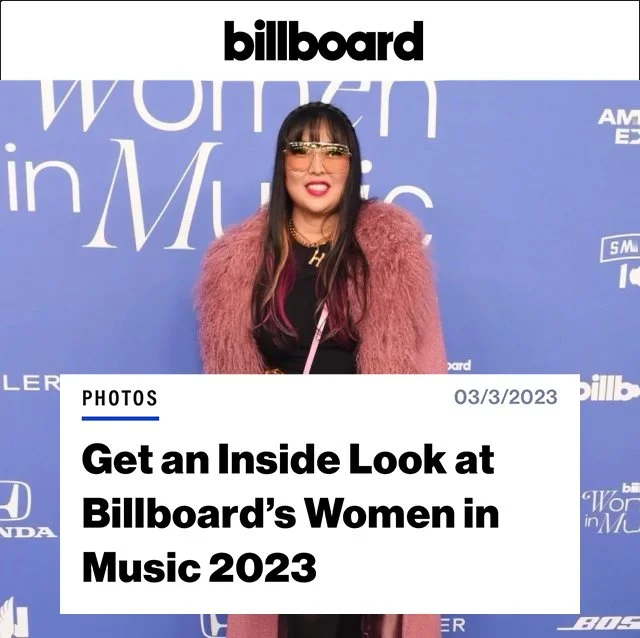Create Music Group Strikes JV with Ty Dolla $ign and Shawn Barron’s EZMNY Records
/Pictured [Left to Right]: Jonathan Strauss, Wayne Hampton, Steeven Leblanc, Ty Dolla $ign, Shawn Barron, Helen Yu, Peter Madana, Joshua Ross
Create Music Group has launched a joint venture with Ty Dolla $ign and his EZMNY Records label.
EZMNY Records was co-founded by Ty Dolla $ign and co-founder Shawn Barron, who signed Ty Dolla $ign to Atlantic Records back in 2012.
EZMNY’s signings include R&B artist Leon Thomas (EZMNY/Motown Records), who had a breakout hit this year with Mutt.
In addition to Thomas, EZMNY is home to newly signed artists Bizzy Crook, rjtheweirdo, Saige Michael, and Keith Turner.
Barron commented on the partnership: “The Create Music Group deal serves as a new chapter for EZMNY Records.
Partnering with the Create team is a natural extension of the artist-first vision Ty and I have already built with the success of EZMNY.
“We are excited to continue to foster the relationship and look forward to building something truly impactful for our artists.”
Jonathan Strauss, Founder and CEO of Create Music Group, added: “With over 15 years of chart-topping hits and industry accolades, their creative instincts have consistently shaped the sound of popular music.”
Steeven Leblanc, Director of Business Development at Create Music Group, said: “They understand the culture, the art, and the business in a way that few others do.
“This partnership is about amplifying that perspective and giving their artists the tools they need to break through at the highest level.”
Create Music Group has handled releases by several notable Hip-Hop and R&B artists, including Ye & Ty Dolla $ign, DeeBaby, Keri Hilson, DDG, Blxst, Bonp Rideaux, Rich The Kid, Tink, Erica Banks, Travis Porter, Jaylen Brown, Miles Bridges, October London, Calboy, ALLBLACK, and others.
Helen Yu, Head of Business Affairs and General Counsel for EZMNY, commented on the partnership: “Making this partnership deal with Create seemed the next logical step, as both companies have built their own measurable successes.”
This partnership follows news of Create Music Group securing a $165 million investment round led by Flexpoint Ford back in June 2024.
This investment round led to a valuation of $1 billion for Create.
Since then, Create has been on an acquisition spree. In May 2025, the company acquired electronic music label Monstercat, less than a month after it bought Berlin independent music company !K7.
In February 2025, Create also formed a joint venture with independent record label Pack Records.



















































